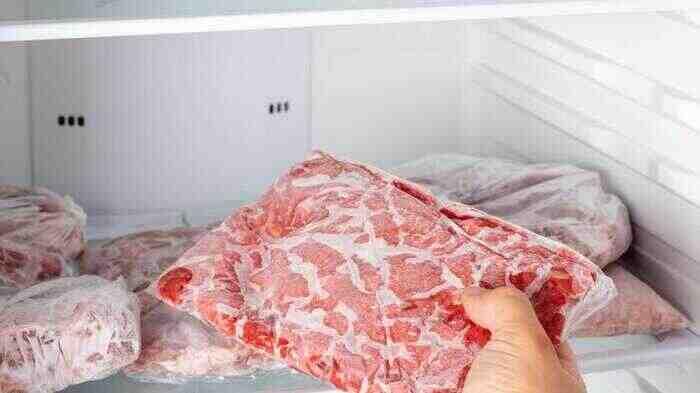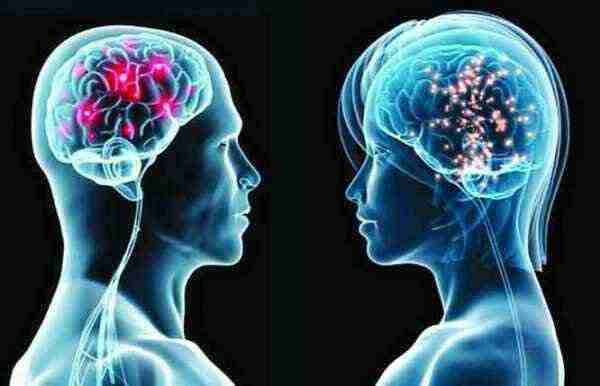What are the symptoms of a hernia and who is at higher risk of this disease?
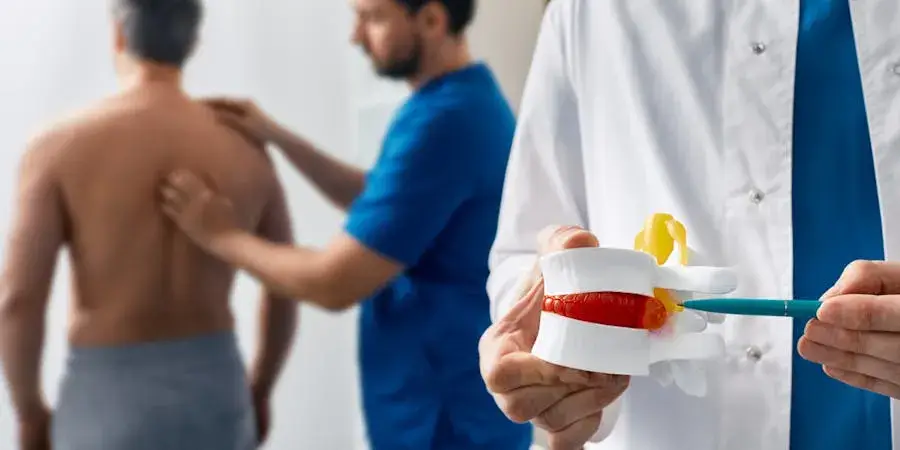
Many of us have heard of hernia, but not many know the details about this disease. When an organ or part of it protrudes through the muscle or membrane that covers it, that situation is called hernia. It can occur in any part of the body , but is usually seen more in the abdomen or groin. When there is a hernia, there is a swelling under the skin at that place. Hernias are named depending on their location in the body. What are the symptoms of hernia and who can get this disease, let's know in detail…
Types of hernia
1) Inguinal hernia
About 70% of all hernias are inguinal hernias. When part of the intestine and the lining of the intestine protrudes through a weak part of the abdominal muscles and into the inguinal canal or groin, it is called an inguinal hernia. This hernia is usually more common in men.
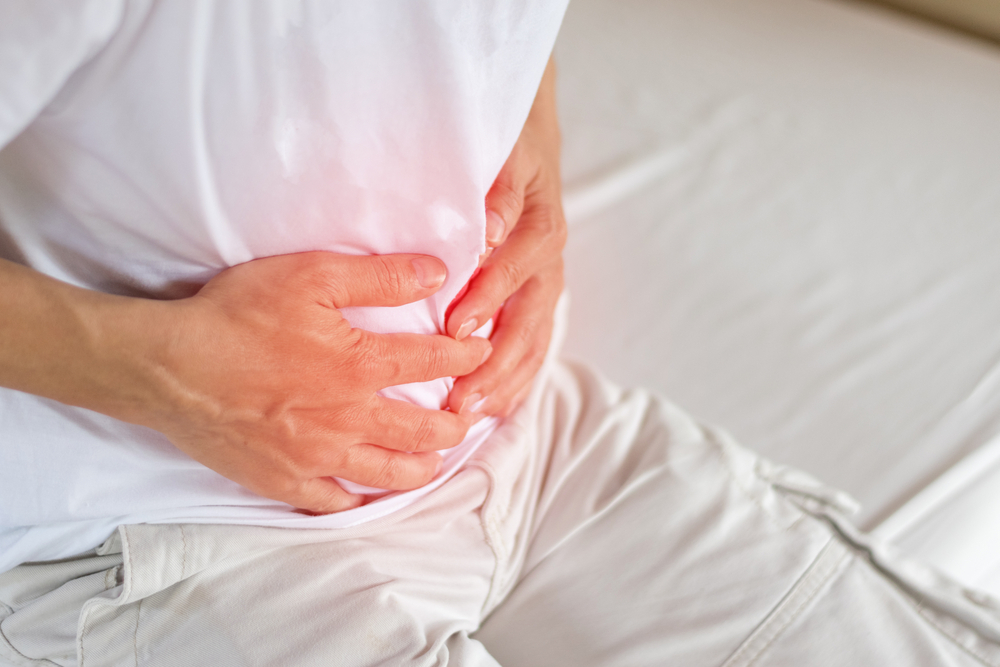
2) Hiatal hernia
If part of the stomach pushes through the diaphragm (the screen that separates the organs inside the chest from the organs inside the abdomen) and into the chest, it is called a hiatal hernia.
3) Umbilical hernia
In this case, a part of the intestine breaks through the abdominal muscles and comes under the skin near the navel. This hernia is more common in children , and usually heals between the ages of 2 and 4. However, if it does not heal within this time, surgery may be required.
4) Ventral hernia
When tissue or a part of the intestine protrudes through a gap between the weak muscles at the front of the abdomen, it is called a ventral hernia.
5) Incisional hernia
This type of hernia can usually occur at the site of a previous operation.
6) Congenital diaphragmatic hernia
This is a fatal birth defect. During fetal development, the diaphragm does not close properly, causing the developing abdominal organs to move into the chest.
Signs and symptoms of hernia

Inguinal hernias have the highest incidence of all types of hernias, so let's learn about its signs and symptoms.
1) A swollen area appears near the groin, which becomes more swollen when coughing, bending over, or lifting heavy objects.
2) Bending over to do something or coughing can cause pain and discomfort near the groin.
3) Feeling of weakness or pressure in the groin.
4) A part of the intestine may descend down to the testicles, in which case there may be pain and swelling in the testicles.
What is the reason?
Weak muscles and excessive muscle tension usually cause hernias, but
- Muscle weakness due to age
- Prolonged sneezing or coughing, which causes tension in the abdominal muscles
- Excessive pressure on the abdomen during bowel movements or urination
- Regularly lifting heavy objects
- Pregnancy , obesity
- If you have had previous abdominal surgery and the incision does not heal properly
- When the muscles at the incision site become weak
Who is at higher risk?
Hernia can occur in men and women of any age. However, certain factors can increase the risk, such as:
- Men are at higher risk of inguinal hernia than women due to anatomical differences.
- The risk of hernia increases with age.
- If someone in the family has a hereditary hernia, there may be a risk of hernia in the next generation.
- Long-term coughing, regular constipation, or similar illnesses put extra pressure on the abdominal muscles, increasing the risk of hernia.
- Excess weight puts strain on the abdominal muscles, which puts obese people at higher risk of hernias.
- People who have to constantly lift heavy objects for professional reasons are at risk of hernias.
- In young children, congenital hernias can occur due to structural defects in premature babies.
Treatment
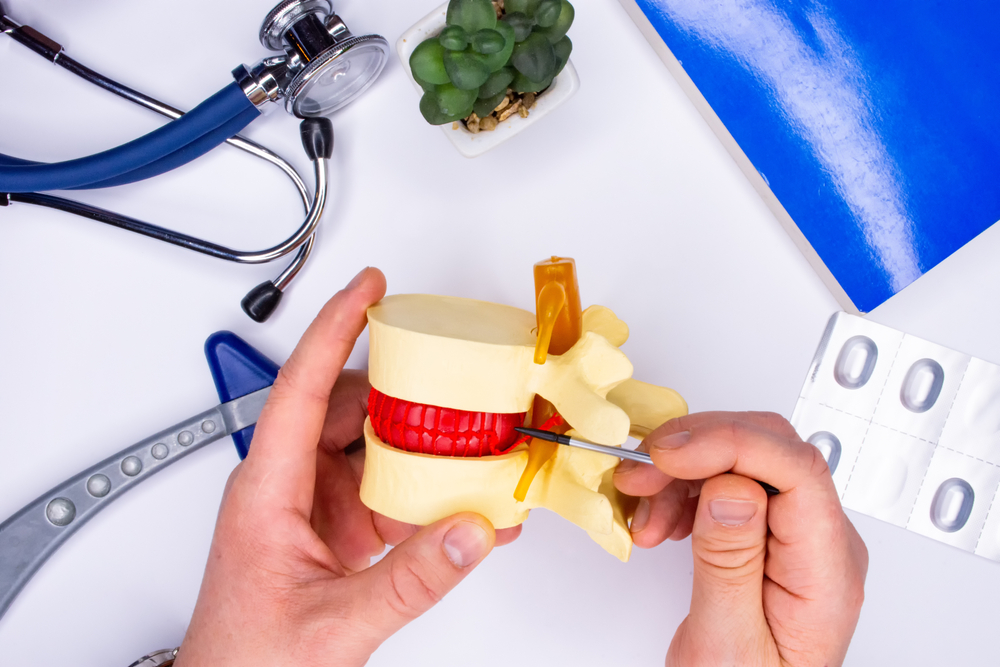
Treatment for a hernia depends on its location, type, severity, and the patient's physical condition. Some of the treatment options may include:
1) Patiently waiting - In some cases, if the hernia is small and does not show any signs and symptoms, the doctor may advise patiently waiting. The next step is taken after understanding the situation.
2) Lifestyle changes - avoiding lifting heavy objects, maintaining a healthy weight, and getting timely treatment for chronic coughs or similar conditions - can help control hernia symptoms.
3) Surgery - Most hernias are severe and require surgery. If not operated on, the displaced organ can become infected and life-threatening. Surgery involves replacing the organ or tissue that has protruded through the muscle and repairing the weakened muscle or tissue wall.
If someone in your family has a hernia or has constipation problems, you may suffer from hernia problems. So be aware and seek treatment at the right time.
Photo - Shutterstock







